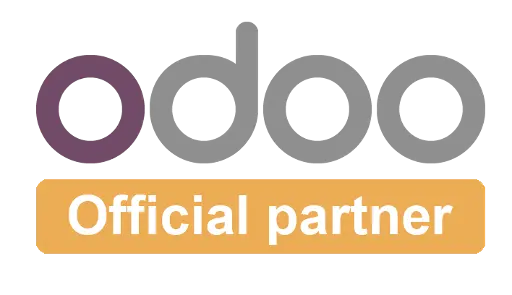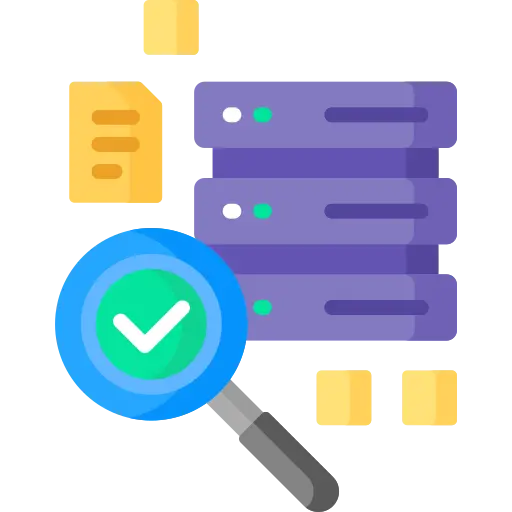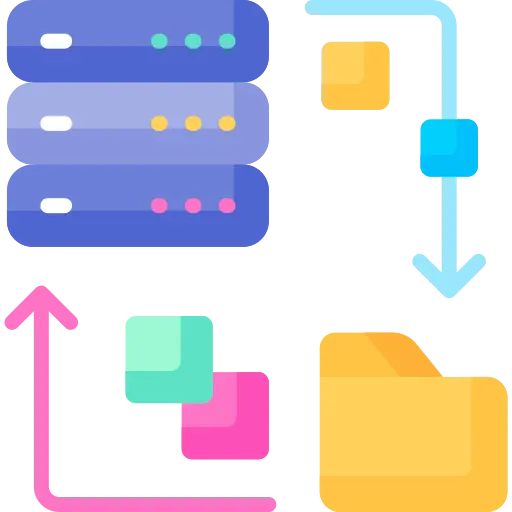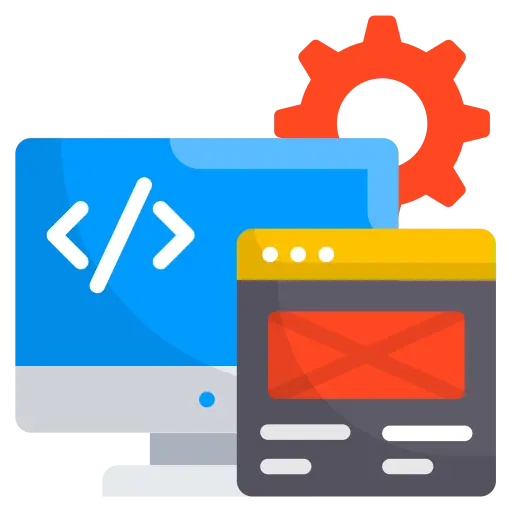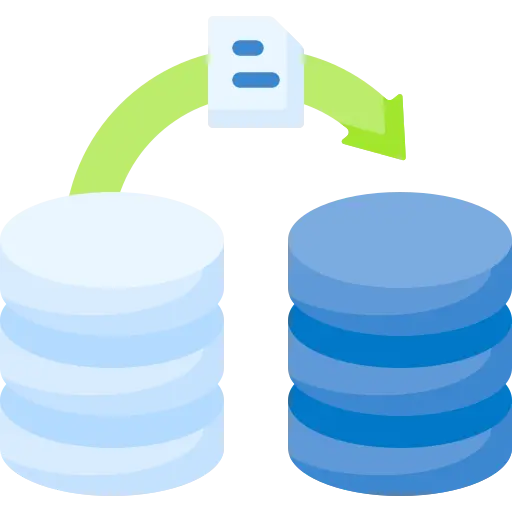Meilleures pratiques pour une mise en œuvre réussie d'Odoo
- Définir des objectifs et des exigences clairs dès le départ
Avant de plonger, sachez quels résultats vous souhaitez. Quels problèmes commerciaux résolvez-vous ? Quels indicateurs clés de performance (temps de traitement des commandes, précision des stocks, économies de coûts, etc.) sont importants ? Cette clarté aide à définir le périmètre et réduit les surprises.
- Sélectionnez les bons modules et l'édition Odoo
N'essayez pas de tout faire en même temps. Choisissez des modules qui soutiennent directement vos opérations principales. Choisissez entre Community et Enterprise en fonction des fonctionnalités requises, du support et du budget.
- Planifiez la migration des données tôt
Les données sont souvent désordonnées. Commencer tôt avec le nettoyage, le mapping et les tests de migration vous permet d'éviter des problèmes de données lors de la mise en production.
- Tests approfondis et contrôle de qualité
Les phases de test—unitaire, d'intégration, de performance—sont essentielles. En particulier, les scénarios de test que les utilisateurs effectuent réellement. Les tests d'acceptation utilisateur (UAT) avec de vrais utilisateurs aident à détecter les lacunes que les tests standard manquent.
- Formation et Documentation
Même les grands systèmes échouent si les gens ne savent pas comment les utiliser. La formation basée sur les rôles, les documents d'aide et la documentation sont essentiels. De plus, une formation continue est nécessaire à mesure que de nouvelles fonctionnalités/modules sont ajoutés.
